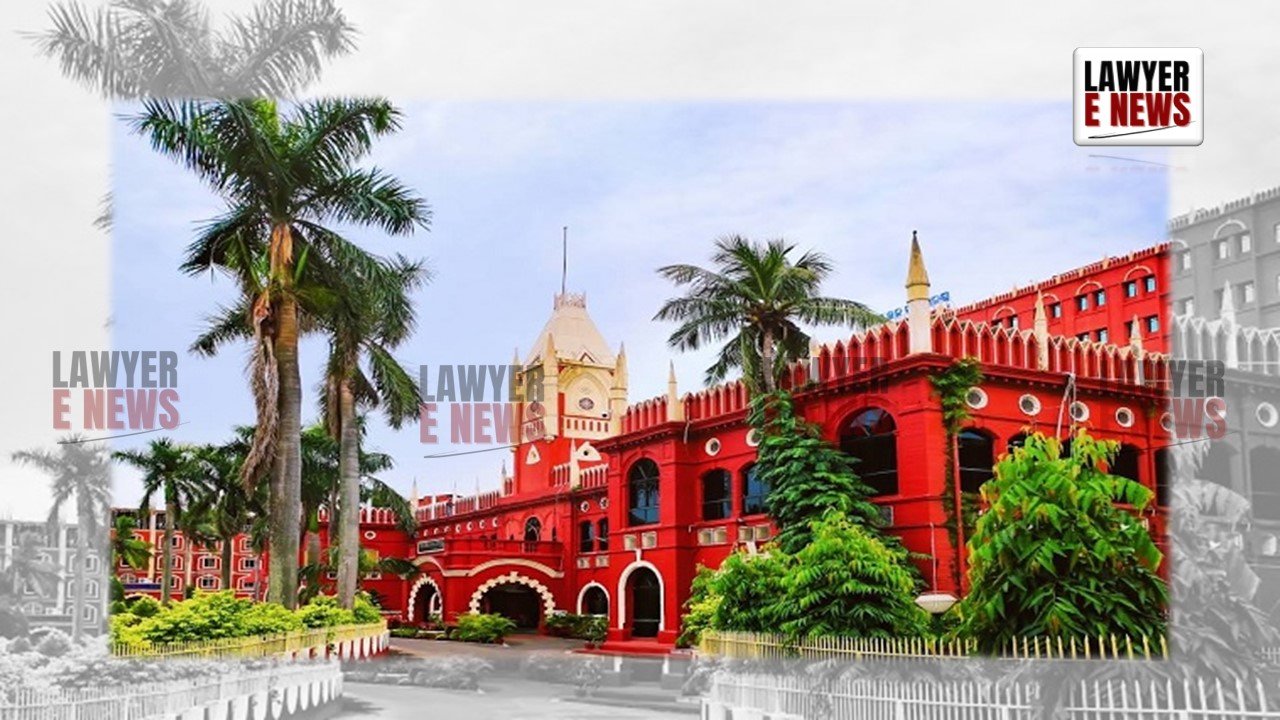-
by sayum
14 February 2026 2:22 PM



Appellate Court’s finding on lack of confinement and reputational damage upheld by High Court
The Orissa High Court has upheld the appellate court’s decision, which reversed the trial court’s decree awarding token damages for alleged wrongful confinement and defamation by a police officer. The High Court, led by Justice Murahari Sri Raman, emphasized the necessity of clear and convincing evidence to substantiate claims of wrongful confinement and reputational damage.
The petitioner, Tankadhar Behera, a practicing advocate, alleged that he was wrongfully confined and defamed by Lingaraj Lenka, a police officer at Dhenkanal Town Police Station. According to Behera, on July 2, 2005, he attempted to lodge a First Information Report (FIR) following an altercation, but Lenka refused to accept the FIR, tore it, abused him, and confined him in the police lock-up. Behera claimed the incident tarnished his reputation, particularly after it was reported in local newspapers. He sought damages of Re.1 for loss of prestige and Rs.35 for expenses incurred in sending the FIR to the Superintendent of Police by registered post.
The trial court initially awarded token damages, finding that Behera’s claims were supported by witness testimonies and the newspaper report. However, the appellate court overturned this decision, citing insufficient evidence of actual confinement and reputational damage. The appellate court noted discrepancies in witness statements and emphasized the lack of corroborative evidence to support Behera’s claims.
The High Court scrutinized the appellate court’s reasoning, which had found no material irregularity in the trial court’s appreciation of facts. The appellate court had relied on testimonies and the station diary entry, which indicated that Behera and the involved parties had settled their dispute amicably. The High Court affirmed that for claims of wrongful confinement and defamation, the plaintiff must provide clear evidence of confinement and its impact on reputation, which was not sufficiently demonstrated in this case.
Justice Murahari Sri Raman highlighted the necessity of concrete evidence in defamation cases, stating, “The evidence does not support the plaintiff’s claim of confinement and reputational damage. Mere allegations without substantial proof cannot sustain a claim for damages.”
The Orissa High Court’s decision underscores the judiciary’s commitment to stringent evidence standards in civil claims involving personal reputation and wrongful acts by public officials. This judgment is expected to influence future cases by reinforcing the need for clear, corroborative evidence in claims of wrongful confinement and defamation.
Date of Decision: June 26, 2024
